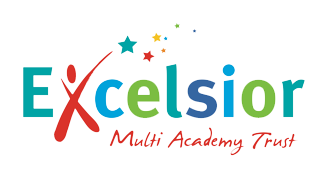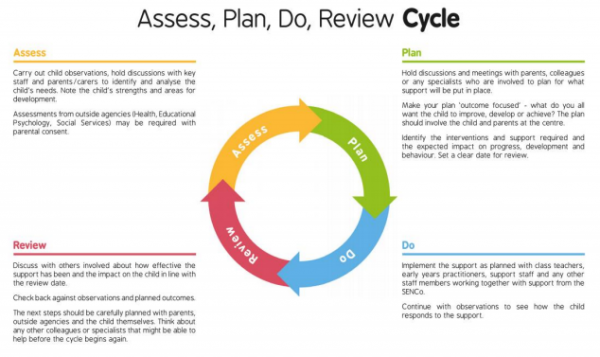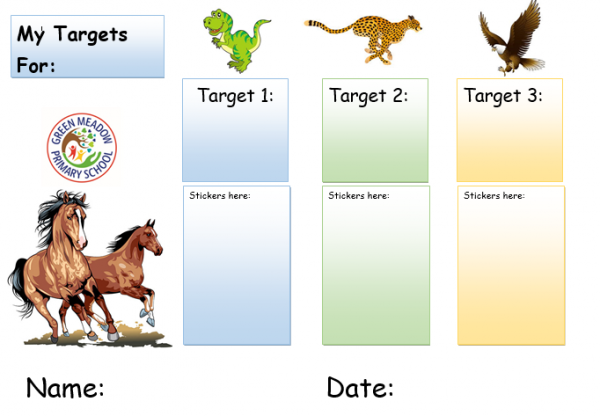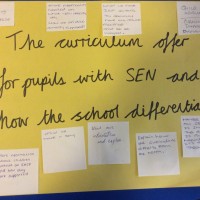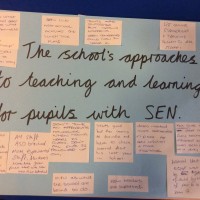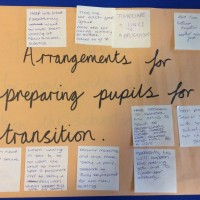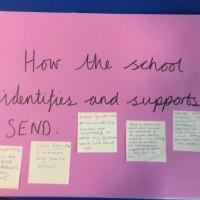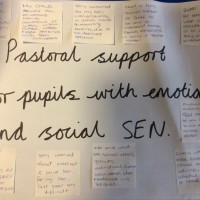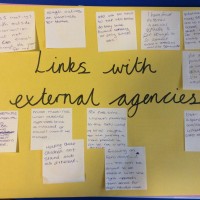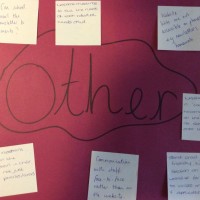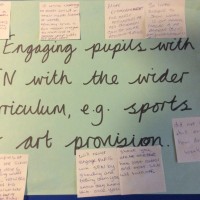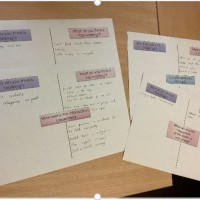SEND Information
Green Meadow Primary School is an inclusive school. We believe that all teachers are teachers of special educational needs and that all children are entitled to an education that enables them to achieve their full potential.
We aim to enable children to develop, learn, participate and achieve the best possible outcomes.
High quality teaching that is differentiated and personalised meets the individual needs of the majority of children. However some children need educational provision that is additional to, or different from, this. This is special educational provision under Section 21 of the Children and Families Act 2014. We are committed to ensuring that such provision is made for every pupil that has special educational needs and disabilities.
Please find a copy of our SEND Policy on our policies and documents page
Click each heading to find out more information:
With thanks to the parents and children who have helped to shape this section of the website (October 2022 and October 2023 SEND Information Report coffee morning.)
